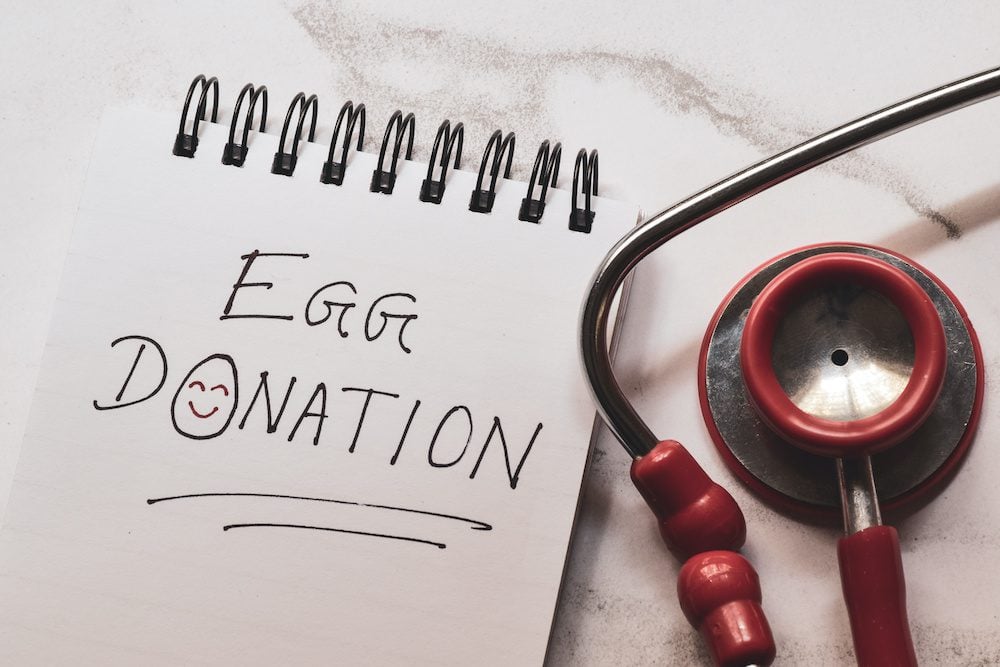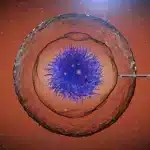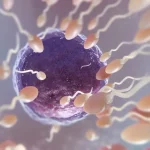
Egg donation is a life-changing act for both the donor and the family involved. It helps individuals and couples struggling with infertility to build their dream families. In New York City (NYC), many women consider becoming egg donors to support others on their journey to parenthood.
If you’re contemplating donating eggs in NYC, understanding the process, benefits, and requirements can help you make an informed decision
The Egg Donation Process in NYC
Egg donation is a structured and carefully regulated process designed to ensure the health and safety of both the donor and the recipient. Here’s a step-by-step overview of what to expect if you decide to donate eggs in NYC:
1. Initial Application and Screening
The first step in the egg donation process is to complete an application with a reputable fertility clinic or egg donation agency in NYC. This application typically includes personal information, medical history, and lifestyle details.
Medical and Psychological Screening
After your application is reviewed, you’ll be urged to undergo a series of medical and psychological evaluations. These assessments are crucial for ensuring you’re a suitable candidate for egg donation. The medical screening process for egg donation often includes:
- Physical examination: A thorough check-up to assess your general health.
- Blood tests: To screen for infectious diseases and genetic conditions.
- Ultrasounds: To examine your reproductive organs.
Psychological screening is also essential to ensure you are mentally prepared for the emotional aspects of egg donation.
2. Legal and Financial Counseling
Once you pass the initial screening, you’ll receive counseling about the legal and financial aspects of egg donation in NYC. Typically both parties must understand their rights and responsibilities well enough to make an informed decision.
You will likely sign a legal agreement outlining the terms of the donation, including confidentiality, relinquishment of parental rights, and financial compensation.
3. Hormonal Stimulation and Monitoring
The next step involves hormonal stimulation to encourage your ovaries to produce multiple eggs. This process requires daily hormone injections for about 10-14 days. While this might sound intimidating, the fertility clinic will guide you on how to administer these injections at home.
During this period, you’ll have several visits to the clinic for blood tests and ultrasounds to monitor your response to the hormones. This monitoring helps the medical team adjust your medication as needed to ensure optimal results.
4. Egg Retrieval Procedure
Once your eggs are ready for retrieval, the clinic will schedule the egg retrieval procedure. This is a minor surgical procedure performed under sedation, so you won’t feel any pain.
The doctor uses a thin needle to retrieve the eggs from your ovaries, a process that typically takes about 20-30 minutes. After the procedure, you’ll need to rest for a short time at the clinic before heading home. Most donors return to their normal activities within a day or two.
Benefits of Donating Eggs in NYC
Egg donation comes with several benefits, both for the donor and the recipient. Here are some key advantages:
1. Financial Compensation
One of the most immediate benefits of donating eggs in NYC is the financial compensation attached to the procedure. Donors can receive a substantial sum for their time, effort, and the physical demands of the process.
Compensation varies by clinic but generally ranges from $7,000 to $15,000 per cycle. This can be a significant financial boost, especially for students or young professionals.
2. Comprehensive Health Screening
Egg donation provides donors with a comprehensive health screening at no cost. These evaluations can uncover potential health issues early on, allowing you to address them proactively.
The medical exams, blood tests, and genetic screening provide valuable insights into your health and fertility.
3. Emotional Fulfillment
Beyond the tangible benefits, many donors find deep emotional fulfillment in helping others achieve their dream of parenthood. Knowing that you’ve made a significant impact on someone’s life can be incredibly rewarding and satisfying.
4. Empowerment Through Knowledge
By participating in the egg donation process, you gain a deeper understanding of your reproductive health and fertility. This knowledge can empower you to make informed decisions about your reproductive future.
Requirements for Donating Eggs in NYC
As appealing as the benefits may sound, not everyone can become an egg donor. There are specific requirements that potential donors must meet to ensure the success of the donation process. Here are the typical criteria for egg donation in NYC:
1. Age and Health
Most clinics require donors to be between 21 and 32 years old. This age range is considered optimal for egg quality and the donor’s health. Additionally, donors should be in good health, have a healthy BMI (Body Mass Index), and have regular menstrual cycles.
2. Non-smoker and Drug-Free
Potential egg donors must not smoke or use recreational drugs. These substances can adversely affect egg quality and the donor’s overall health.
3. Psychological Stability
Donating eggs can be an emotionally demanding process, so clinics require donors to demonstrate psychological stability. This is assessed through psychological evaluations conducted by a licensed professional.
4. Commitment to the Process
Egg donation requires a significant commitment of time and effort. The procedure includes frequent visits to the clinic for monitoring and the ability to adhere to the medication schedule. Donors must be reliable and able to commit to the entire process.
Frequently Asked Questions (FAQs)
Q: What are the basic eligibility requirements for egg donors in NYC?
A: Egg donors in NYC must typically be between 21-32 years old, in good health, have a healthy BMI, be a non-smoker, and be free of drug use. Additionally, donors must pass medical and psychological screenings to ensure they are suitable candidates.
Q: How much do egg donors get paid in NYC?
A: Egg donors in NYC can expect to receive compensation ranging from $7,000 to $15,000 per donation cycle. The exact amount may vary based on the clinic, donor’s qualifications, and the number of cycles completed.
Q: How long does the egg donation process take?
A: The egg donation process usually takes about 6-8 weeks from initial application to egg retrieval. This includes screening, hormonal stimulation, monitoring, and the retrieval procedure, with some variation depending on individual responses and clinic protocols.
Q: Is egg donation painful?
A: Egg donation involves some discomfort, particularly during hormone injections and the egg retrieval procedure. However, the retrieval is done under sedation, minimizing pain. Most donors experience mild cramping and bloating, which typically resolves within a few days.
Q: Are there any long-term risks associated with egg donation?
A: Long-term risks of egg donation are considered minimal. Most donors experience no serious long-term effects. However, there may be temporary side effects like bloating, mood swings, or discomfort during the process. Clinics provide thorough information on potential risks.
Final Thoughts on Donating Eggs in NYC
Donating eggs in NYC is a generous act that can make a profound difference in the lives of individuals and couples struggling with infertility. While the process involves a commitment of time and effort, the benefits, both financial and emotional, are substantial.
If you’re considering becoming an egg donor, make sure to choose a reputable clinic or agency in NYC. Take to understand all aspects of the process, benefits, and requirements to protect your interest and well being. By doing so, you can make an informed decision that aligns with your values and personal circumstances.
Should you have any questions or concerns, please do not hesitate to contact us at 212-661-7177 or info@eggdonors4all.com.

Dr. Kulsoom Baloch
Dr. Kulsoom Baloch is a dedicated donor coordinator at Indian Egg Donors, leveraging her extensive background in medicine and public health. She holds an MBBS from Ziauddin University, Pakistan, and an MPH from Hofstra University, New York. With three years of clinical experience at prominent hospitals in Karachi, Pakistan, Dr. Baloch has honed her skills in patient care and medical research.
- Dr. Kulsoom Baloch
- Dr. Kulsoom Baloch






